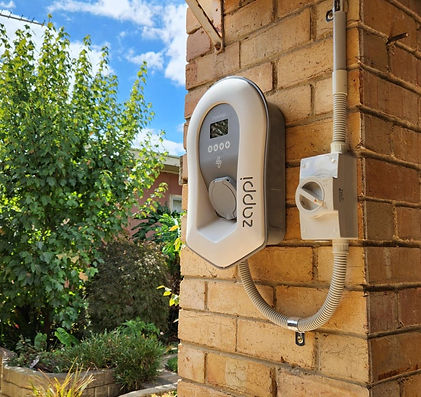How much does it cost to install an EV home charger?
Một trong những điểm khác biệt lớn nhất giữa xe EV và xe ICE là khả năng truyền động không ồn.
Tuy nhiên, Mercedes đã đưa điều này lên một tầm cao khác bằng cách lắp rất nhiều vật liệu cách âm và kính hai lớp, có nghĩa là, trên hầu hết các mặt đường, có rất ít tiếng gầm của lốp hoặc tiếng ồn của gió.
Một điều đáng lưu ý nếu sử dụng nhiều vật liệu tái chế như nhựa nạo vét ngoài đại dương. Khoảng 100 thành phần bao gồm vật liệu cách nhiệt, vỏ động cơ, vật liệu vòm bánh xe, lớp lót khu vực hàng hóa và bề mặt phía trên giống như nhựa tổng hợp, tất cả đều được làm từ những vật liệu này.
Tuy nhiên, đừng nghĩ rằng chiếc xe này không phù hợp với thương hiệu sang trọng của Mercedes. Màn hình hiển thị đôi 10,25 inch chạy hệ thống thông tin giải trí MBUX ca ngợi, có thể được điều khiển bằng cảm ứng hoặc lệnh thoại, có cửa sổ trời trượt, ghế da có sưởi và Apple CarPlay / Android Auto.


Factors that contribute to the cost of home EV charging installation:
1. Specialised Installation
Every home EV charging installation is uniquely tailored to your home and EV charging requirements. Unlike a standard electrical outlet installation, EV chargers require specific expertise and equipment.
2. Distance and Pathway Considerations
The distance between the EV charge point and your main switchboard, as well as the pathway for cables, significantly impact installation costs. Longer distances may require more materials and labour as well as more cable routing, trenching, or conduit installation.
3. Future Cost Considerations
While the upfront cost of installing an EV charger may seem high, it's essential to consider the potential savings and benefits over time. Correct installation ensures optimal performance and safety, reducing the risk of future repairs or upgrades. Moreover, a properly installed charger can integrate with smart technologies, allowing for cost-effective charging strategies based on electricity tariffs or solar power availability, which can actually save money long term.
Benefits of home charging:
1. Convenience:
You won't rely solely on public charging stations, which can be busy or inconveniently located. With an EV charger at home, you can easily plug in your electric car overnight or whenever it's convenient for you, ensuring that you always have range when you need it.
2. Cost Savings: While there is an initial investment in installing an EV charger, it will typically lead to long-term cost savings. Home charging is often cheaper than using public charging stations, especially if you take advantage of off-peak electricity rates.
3. Faster Charging: Home EV chargers offer much faster charging speeds compared to standard wall outlets or trickle chargers. You can expect up to 50km of range for 1 hour of charging with a 7kW charger, or 80km if you have a 22kW home charger.
4. Flexibility: Having an EV charger at home gives you the flexibility to tailor your charging schedule to your needs. You can easily top up your vehicle's battery whenever it's convenient for you, whether it's during the day, overnight, or based on your driving patterns. This also allows you to take advantage of solar aware charging and other factors.
5. Environmental Benefits: By charging your EV at home, you can reduce your carbon footprint and contribute to environmental sustainability.













